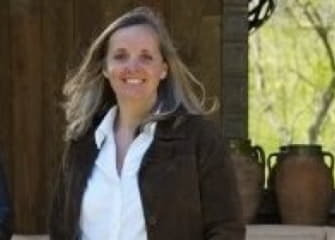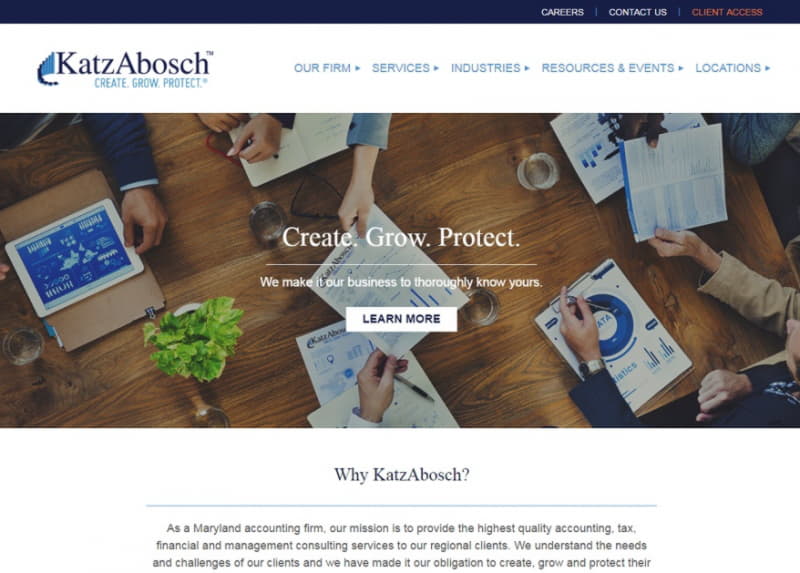
Susan Aplin
Click here for Part II & Part III
Forging a more sustainable connection between consumers and the environment
Susan Aplin is the CEO and co-founder of Bambeco, a multi-channel retailer that designs and manufactures sustainable home goods. Launched 8 years ago, on Earth Day, Bambeco is dedicated to addressing environmental change by selling ecologically sound, energy-reducing products. The company offers a wide range of furniture, home decor, bed and bath, and outdoor options, regularly cycling in seasonal and holiday-themed items. Additionally, Bambeco partners with environmentalist groups such as the Chesapeake Bay Foundation, the Nature Conservancy, and the Whole Planet Foundation.
EDWIN WARFIELD: Before founding Bambeco, you worked for Williams-Sonoma. Tell us about going to Alaska and how that inspired you to start your own home goods company.
SUSAN APLIN: Williams-Sonoma was a terrific company to work for and very inspiring from a product perspective. Chuck Williams was an amazing founder of that company and a true champion of the brand. In my role there, I oversaw catalog and ecommerce—the direct consumer business—and I would find myself traveling with Chuck from time to time, and it was on one of our trips, where I got to spend about three hours hearing his life story and talking to him about what was important in life, that Chuck told me the fundamental mantra he had: If you can find that true passion, that thing that makes you spark every day, and just go for it, the world will fall in love with you in the process. I never let that conversation go. When I decided to do Bambeco, his voice was definitely in my ear telling me to go for it. This was my true passion.
Alaska was just intended to be a trip with 12 people on a tiny boat in the Prince William Sound. I wanted to see bears and eagles, and kayak, and hike, and we were going to drink great wine at night. That’s all it was supposed to be, and when I got to Alaska, I was literally blown away. It is everything not man-made and was so inspiring.
But I found myself hiking and speaking with fishermen throughout that trip and these fishermen were telling us stories about sea level rise, and showing us the rise. We were watching these glaciers calve off, you know, huge, multi-story building-size glaciers calving off, and talking about why it was breaking off and why was sea level rise occurring. At night, it doesn’t get dark in Alaskan summer, and I was having these moments really pondering that whole trip: Wow, do we really impact our planet this way? And are we causing this?
It wasn’t on my radar before I went to Alaska, and I would say as I returned to Washington, DC, I never got it out of my system. I was completely affected. I lived in San Francisco before and I used to say that I left my heart in San Francisco, and I truly love that town, but in this case I left my heart on a glacier in Alaska.
Returning back to Washington, DC, I just couldn’t get it out of my system. I went back to my job. I happened to be with a startup at the time—a company called Bill Me Later, which we later sold to PayPal. It was terrific, terrific company, and I kept asking the question: How are we impacting—and are we impacting—the planet? I decided to go online and do a carbon footprint calculator: you answer 10, 20 questions and it baselines you against your neighbors, the other people in the state, and people across the country. You can very quickly understand what your footprint is, and if you’re interested, you can make some simple changes every week and watch your footprint get lower and lower and lower.
It became the biggest game for me. I was changing my commuting habits, cleaning supplies, looking at toxicity in my home, how I used energy—just all those sort of easy changes to make. I got to a point where I thought, “Well, I should be able to extend these values beyond cleaning supplies and buy home goods.” I looked at Western Europe, I looked across the US, and besides hemp pillows there was really nothing to buy in 2007 that would be considered eco-friendly or sustainable.
This process went on for about six months, and then I went to Carolyn Wapnick, my co-founder, and I told her I had a very crazy idea: I wanted to quit my job, I wanted to start this company, and I thought that there would be a business opportunity. I had already started working on the business plan at this point. I hired a company called McMillan Doolittle in Chicago to do a consumer research for me, just to validate that I did not have a crazy notion by myself. I found out, in 2008, that 59% of the US population agreed with me: if style, price, and quality were there—and I’d even pay a little more—they would want sustainable home goods products. And 61% of the population of that survey polled responded that “retailers are not providing these to me and I’m frustrated.”
At that point, I knew that there was a sizable piece of the market, even in a bad economy, that wanted these products. Now I had a thesis and I needed to prove: Will they execute at the point of sale? And I did it. I quit, and spent a year talking to scientists, going to factories, really dissecting all the categories in the home goods space to define if “I’m a glass, what makes me sustainable?”; “If I’m pillow, what makes me sustainable?”; “If I’m dinnerware, what makes me sustainable?; and “What’s the difference between earthenware and stoneware and porcelain, and, and how do you move that spectrum?” There’s really never a perfect product, so can we do this? That’s what I spent the year doing: building the first-ever lifecycle model for the home goods industry.
Connect with Susan on LinkedIn
Sponsored by:
Founded in 1969, KatzAbosch is one of the largest CPA and business consulting services in the Mid-Atlantic region. Our mission is to provide the highest quality accounting, tax, financial and management consulting services to our clients. We understand the needs and challenges of our clients and we have made it our obligation to create, grow and protect asset value. The experts at KatzAbosch offer a full service solution while maintaining a tradition of ethics and incorporating the latest technology and unique business practices. Excellence in an industry often begins with how those closest to the company—its clients and employees—feel about it. For these individuals, KatzAbosch is a place where people and businesses excel and prosper. Our advisors can meet all of your service needs including; Audit & Accounting, Business Valuation & Litigation Support, Consulting, Estate Planning & Administration, Financial Institution Services, Forensic Accounting & Fraud Examinations, State and Local Tax (SALT), Taxes & Planning.


Edwin Warfield, CEO of citybizlist, conducts the CEO Interviews.
If you're interested in reaching CEOs, please contact edwin.warfield@citybuzz.co
Connect on LinkedIn

















